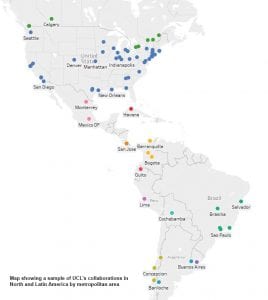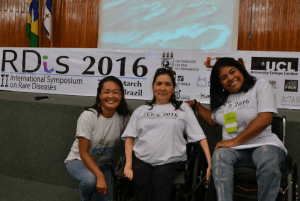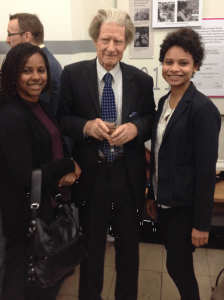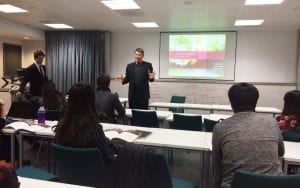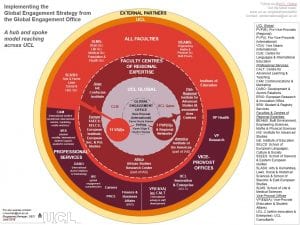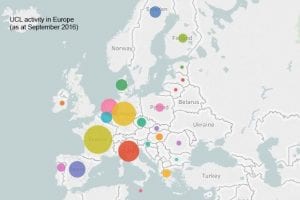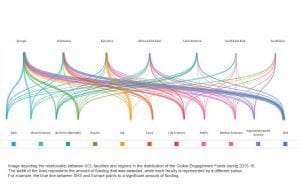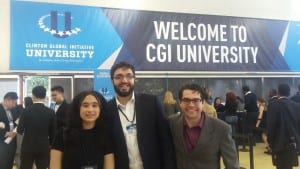UCL and the French Embassy: fostering interdisciplinary research
By uclqjle, on 31 March 2017
 UCL and the French Embassy share a longstanding impactful partnership with the aim of fostering the co-production of innovative insights into how to solve some of the world’s most pressing challenges.
UCL and the French Embassy share a longstanding impactful partnership with the aim of fostering the co-production of innovative insights into how to solve some of the world’s most pressing challenges.
This partnership has resulted in a number of collaborative initiatives that have provided platforms for cross-disciplinary research collaboration between UCL scholars and leading French academics and researchers. These initiatives are largely driven by UCL’s Grand Challenges programme, allowing for interdisciplinary collaboration in the development of societally relevant interventions.
Here are a few examples of UCL/French Embassy initiatives that seek both to build on existing links, and to stimulate new ones between UCL and French academic and higher education organisations such as French universities, Grand Écoles and research organisations:
UCL / French Embassy Funding for Arts, Humanities and Social Science Workshops
This co-operative scheme, which is currently calling for proposals, commenced in 2013 and has been extended to July 2019. Around £2,500 per workshop is available for academics and researchers seeking to organise workshops in the Arts, Humanities and Social Sciences. This initiative seeks to encourage junior and senior scholars to establish new directions for possible research collaborations – not only in their own areas of expertise, but also across disciplines. The deadline for applications is 26 April 2017.
Conférence-débat lecture series
The annual Conférence-débat lecture series, started in 2010, brings together eminent French academics and UCL’s finest minds to discuss topics such as ‘The State of Nature’, ‘Towards Decarbonised Economies’, and ‘Climate Governance, post COP21 agreement’. These deeply insightful and engaging evening joint lectures have also involved afternoon workshops designed with the aim of facilitating potential collaboration between the visiting French research team and the team from UCL.
Collaborative Science & Technology Workshop competition
The Collaborative S&T Workshop competition, initiated in 2012, calls for proposals from leading academics and senior researchers to hold workshops at UCL that address a related challenge at the frontiers of either basic or applied science, one of UCL’s Grand Challenges, or a European Commission thematic programme.
In accordance with a 2012-signed Memorandum of Understanding between UCL and the French Embassy, the Embassy has generously provided up to €22,500 in annual grants to support five cycles of the S&T workshops. The main aim of this annual event is to strengthen existing links between UCL and French academic and research organisations, and to create a platform that fosters the development of new approaches for potential research collaborations across Europe.
 Close
Close



